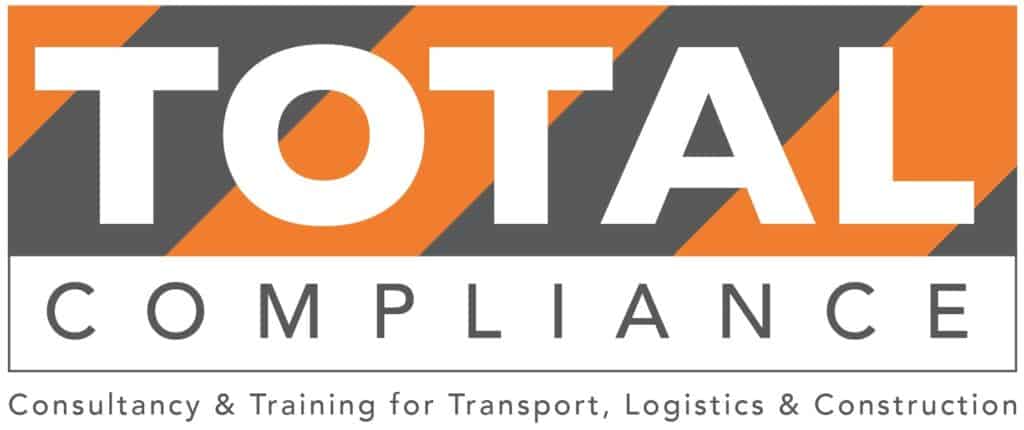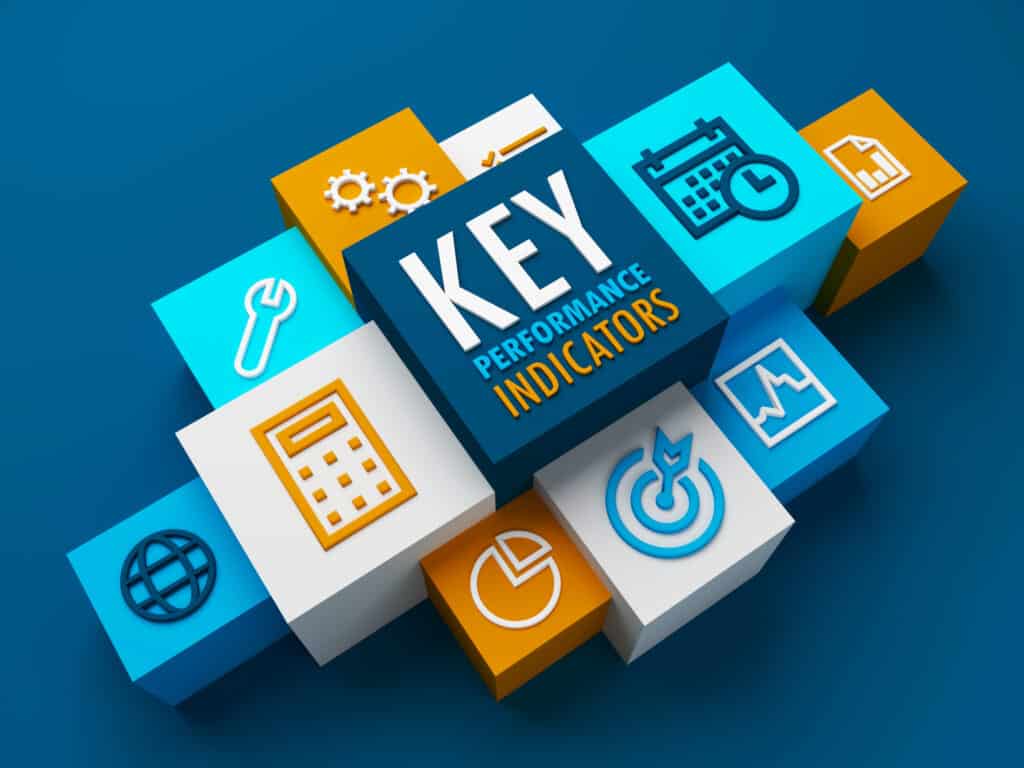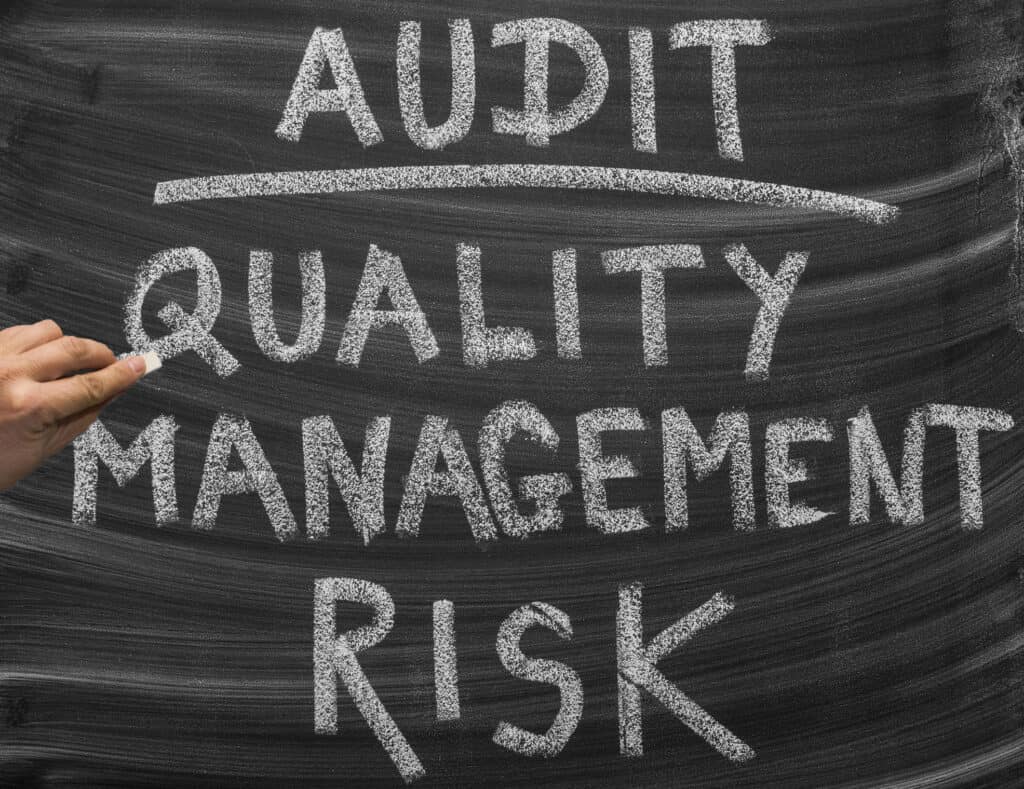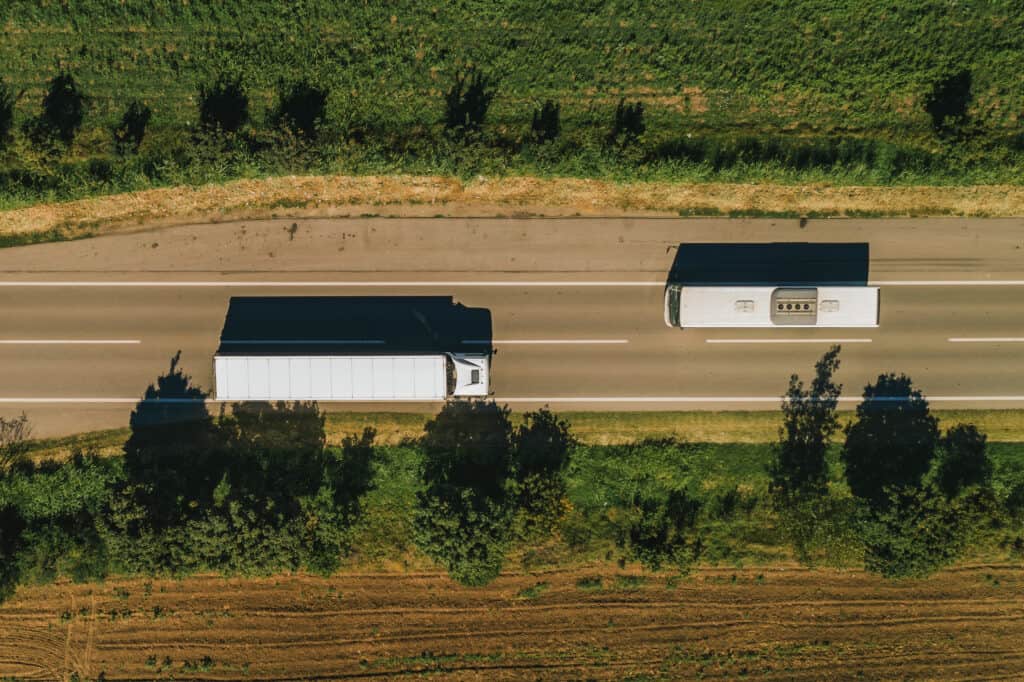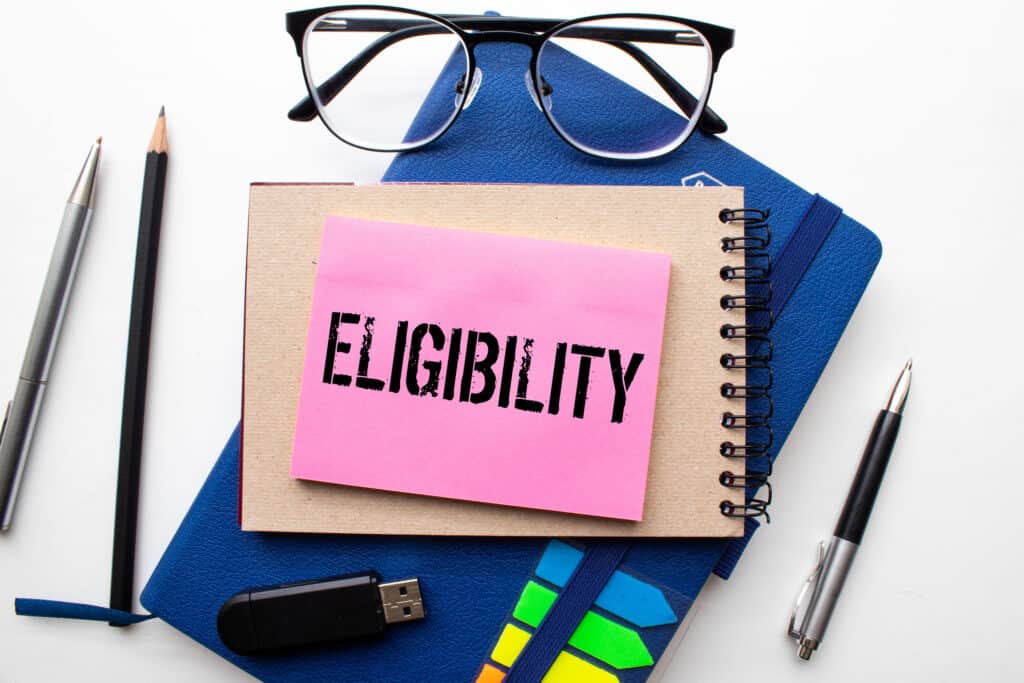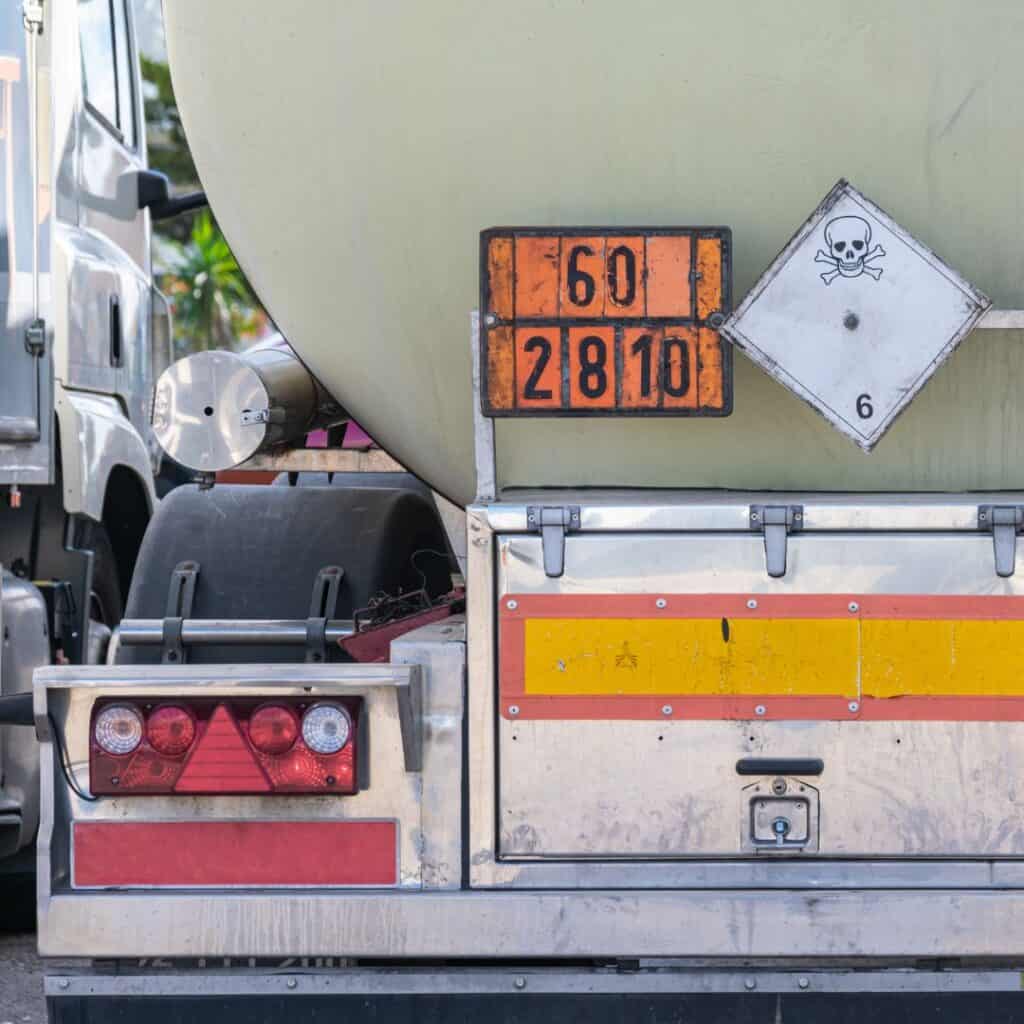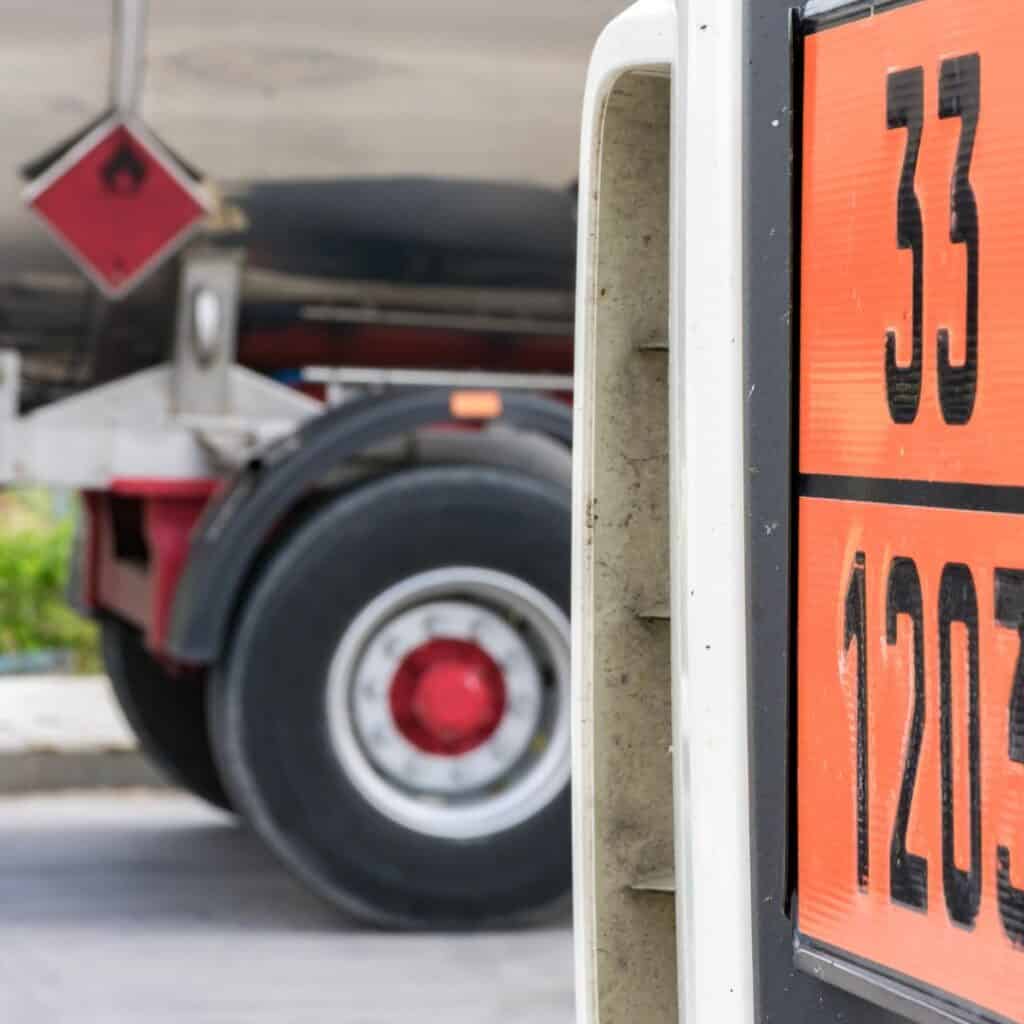Total Compliance
Unveiling the Key Performance Indicators (KPIs) in DVSA Earned Recognition: A Comprehensive Overview
In the realm of DVSA Earned Recognition, Key Performance Indicators (KPIs) serve as vital metrics to gauge an operator’s compliance in maintenance and driving activities. These KPIs encompass all records associated with the operator’s licenses included in the scheme, aiming for a thorough evaluation of performance. Let’s delve into the intricacies of DVSA Earned Recognition…
Read MoreDemystifying DVSA Earned Recognition Audit Sampling: A Closer Look
In the world of DVSA Earned Recognition, audit sampling plays a crucial role in assessing an operator’s compliance and ensuring the integrity of the program. But how does this sampling process work? In this blog post, we’ll delve into the intricacies of DVSA Earned Recognition audit sampling, shedding light on the areas of measurement and…
Read More📢 Attention Operators! Unlock Your Success with DVSA Earned Recognition! 📢
Are you looking to take your operations to the next level? DVSA Earned Recognition offers a world of benefits for operators like you. Imagine being able to prove your exemplary status when bidding for contracts and experiencing fewer vehicle inspections and visits from DVSA enforcement staff. It’s time to leverage the power of DVSA Earned…
Read MoreUnlocking Opportunities: Exploring DVSA Earned Recognition’s Extra Modules
DVSA Earned Recognition offers an exciting opportunity for operators to showcase their expertise and meet specific project requirements through additional accreditation modules. These optional modules enable operators to demonstrate their capability and dedication by meeting extra audit standards or providing supplementary information to DVSA. In this blog post, we’ll delve into the world of DVSA’s…
Read MoreEligibility to Join the DVSA Earned Recognition
Eligibility for DVSA Earned Recognition: Meeting the Criteria… Are you considering applying for DVSA Earned Recognition? Before you dive into the application process, it’s crucial to ensure that you meet the eligibility criteria. Let’s take a closer look at the requirements you need to fulfill: If You Have Multiple Operator Licenses: If your organisation holds…
Read MoreWhat are the benefits of DVSA Earned Recognition?
There are several notable benefits associated with being a DVSA earned recognition operator. By achieving this status, you can expect the following advantages: These benefits collectively contribute to a more streamlined and reputable operation, positioning you as a trusted and preferred choice for contracts and fostering positive relationships with clients, authorities, and the wider industry.…
Read MoreWhat is DVSA Earned Recognition?
The Driver and Vehicle Standards Agency (DVSA) earned recognition scheme is a comprehensive and robust initiative established by the governing body to enable organisations to demonstrate their adherence to the highest standards of driver and vehicle compliance. By participating in the DVSA earned recognition scheme, participants engage in a continuous process of self-monitoring, diligently tracking…
Read MoreWhat to Expect When Becoming a DGSA?
Becoming a qualified Dangerous Goods Safety Advisor (DGSA) is a great career choice for those interested in taking responsibility for the safe handling and transport of hazardous substances. The job involves evaluating the risks associated with storing, packaging, transporting, and using various dangerous materials, as well as providing safety advice and guidance to employees. How…
Read MoreWhat Should I Consider When Hiring a DGSA?
As of 31 December 2022, any company that handles dangerous goods must appoint a DGSA, including anyone who consigns, transports, picks, packs, organises, fills, loads or unloads dangerous goods on a regular basis, by road, rail or inland waterway. If your business is included in the above list, you’ll need to start looking for a…
Read MoreWhat is the Difference Between FORS and CLOCS?
Fleet management is a critical aspect of any transportation industry, and with the increasing focus on road safety and environmental concerns, many organisations are turning to accreditation schemes to ensure that their fleets operate to the highest standards. Two of the most widely recognised schemes in the UK are the Fleet Operator Recognition Scheme (FORS)…
Read More